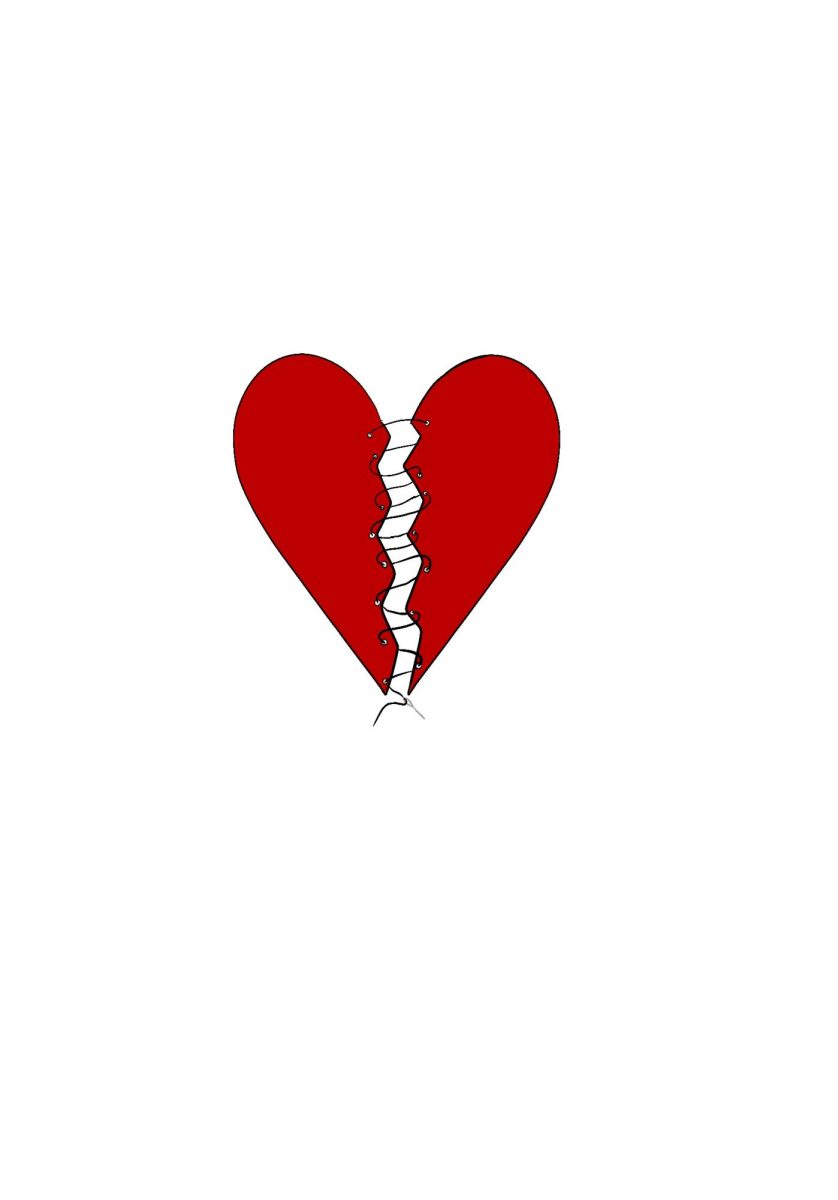The slow death of traditional Black Friday
By: Lauryn Morales
The day before Black Friday rolls around; friends and family are racing to camp outside of stores in order to be the first in the door. Videos online eventually circulate of people vying for the last product on the shelves. Hundreds of dollars are spent with the comfort of discounts shielding people’s wallets from total emptiness.
Yet data from the National Retail Federation (NRF) suggests that the tradition of in-person shopping during Black Friday is trickling numbers from in-person shoppers to online shoppers. The NRF’s data in 2019 showed that “Black Friday was the busiest day for in-store activity, with 84.2 million shoppers.” Yet the NRF’s data in 2023 showed in-store shoppers at 76.2 million with online shoppers beating that number. The NRF stated that in 2023, Black Friday was ‘the most popular day’ for online shopping.
The trend of shoppers has gravitated from walking into a store on Black Friday to e-commerce, where the sales seem to be in full swing for an entire weekend instead of just a single day of sales. The days of a traditional one-day Black Friday are behind us, replaced with a weekend-long period of discounts.
Sophomore Charlotte McManaman stated, “I think those commercials are really over exaggerated because everyone does Black Friday shopping online.” Another sophomore also believes that Black Friday is much different now than it was 5-10 years ago. Bianca Fazekas stated, “I think that traditional Black Friday shopping has died for the most part. I know many people, myself included, prefer online shopping.” Wyatt Ingersoll stated how easy it is to order something online without the hassle of getting out of the house.
A consensus of Black Friday changing has become more common among people. Black Friday sales are shifting towards a longer period of time, such as over an entire weekend, and onto online sites instead of in store. In another 5-10 years, Black Friday may even be overruled and turned into a cyber week. The traditional Black Friday with only day-long sales is slowly dying, if not already dead.
Event that never fades
By: Nooreen Hussaini
For years, families would gobble up their Thanksgiving feast and wait in long crowded lines for hours so they can be the first for the Black Friday deals. But now, Black Friday sales have been extended to all month long due to the increase in online shopping
Black Friday originally started back in the 1800s when retailers saw a rise in holiday shopping a day after Thanksgiving. But back then they referred to these sales as “post thanksgiving day sales.” Black Friday got its name in the late 1980s where the phrase “in the black” signifies the company’s rise in profits.
Before the pandemic started, in-person shopping on Black Friday was at its highest. People would rent out tents on Thanksgiving and wait in lines in front of stores until they open the following day.
As online shopping gained popularity, less people went out to shop in person on Black Friday. But Black Friday was still in demand, even online. In 2023, over 9.80 billion dollars were spent on online shopping. It is projected that in 2024, people are going to spend 10.8 billion dollars just by online shopping.
Some might argue that Black Friday sales are not like how they used to be, which is true, but it’s also because Black Friday in the past was only a one day experience. After Black Friday, there was Cyber Monday, which is the last call for all deals. Now, Black Friday has been extended to all November long. Companies are calling it “Early Black Friday sales,” which means a new set of deals everyday.
Online websites like Amazon have made huge profits during this month. Amazon had made 9.12 billion dollars in sales last year just for Black Friday. This year Amazon started an “Extended Black Friday and Cyber Monday sale” which goes on from November 17-27.
Black Friday has evolved over the years from in-person shopping to online shopping. It makes it easier for shoppers to get what they want without having to leave their house or cause chaos in stores.



